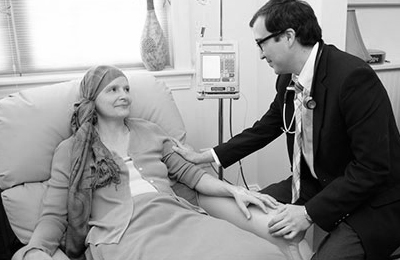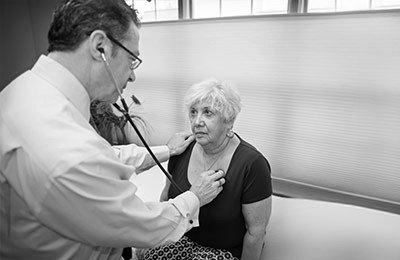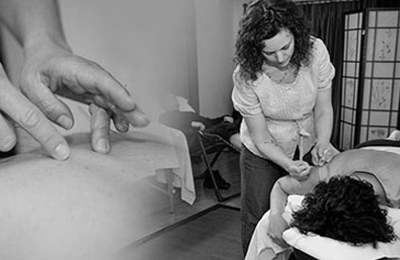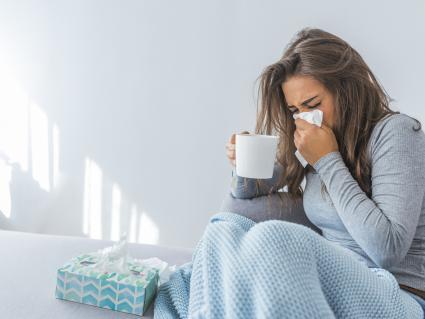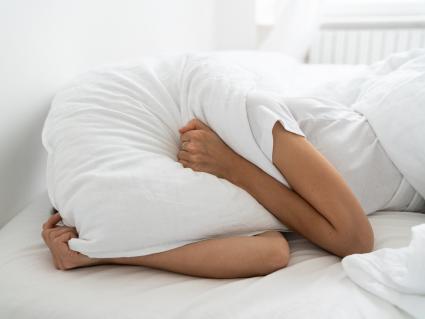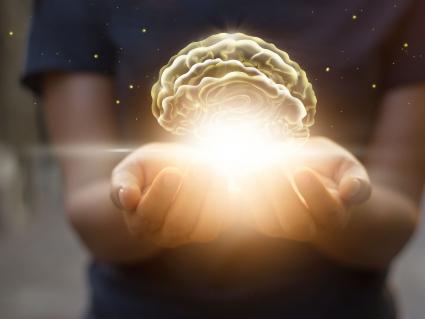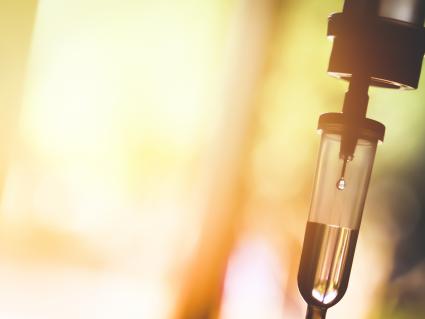Acupuncture for Relief from Lyme and TBD’s

Using acupuncture for symptom relief from Lyme and other TBD's.
Chinese medicine provides one of the pillars in the treatment of Lyme and TBD (tick borne disease) symptoms and provides support for one’s constitution and general capacity to heal itself. The stronger the body, the more apt it is to defend itself from disease. Chinese medicine addresses Lyme and TBD with multiple therapeutics, which may include Chinese herbs, acupuncture, cupping, tui na, and gua sha. Your Licensed Acupuncturist will also include dietary therapeutics to address the overall inflammation and underlying gastrointestinal imbalances.
Amidst the complexities of Lyme and TBD with it’s mixed syndromes and multiple symptoms, the healthier the individual’s bottom line, the easier the body can deal with the intricate changes that occur during this disease. Having this condition can often exacerbate preexisting imbalances. In light of this understanding we know that treating the constitution will have a significant impact on the body’s ability to fight the unwanted pathogens of Lyme and TBD.
An Acupuncturist will give Chinese medical diagnoses which include your constitutional diagnosis as well as that of the acute issue(s). As an individual treatment modality, acupuncture provides relief of many of the symptoms of Lyme and TBD. The acupuncture point protocol will include points that address the patient’s constitutional diagnosis with points to address specific Lyme and TBD symptoms.
Anxiety and a pervasive sense of unease are common accessories to any debilitating or chronic illness, including Lyme/TBD. To highlight this mental emotional component for which Chinese medicine is well suited to treat, let us take the symptoms of shortness of breath, chest tightness, and anxiety. To treat these with acupuncture I would use points to address these symptoms as well as points that focus on the patient’s constitution. With the background of Lyme/TBD the acupuncture treatment must be tailored very delicately and specifically. Acupuncture performed with this in mind grants the most therapeutic outcome.
Returning to the above mentioned example of anxiety, shortness of breath, and chest tightness, the acupuncture point Ren 17 comes to mind. This point influences the pericardium also know as the heart protector. The effects of this point include the ability to lighten pressure on the chest and support mental clarity. Why is this so? To answer this question we look at the role of the pericardium in Chinese medical theory. The pericardium protects the heart, gauging the degree to which the external world can affect the heart. The heart is considered the ‘emperor’ in Chinese medicine. The pericardium is like the last gate before entering to the emperor’s throne. A strong pericardium creates boundaries that disallow those external forces that are harmful from entering the kingdom of the heart. If the pericardium has weakened this may open the heart to external pernicious forces or infection. When this occurs we know at a fundamental level, whether or not the infection is symptomatic, that there is something wrong. At this point in time agitation, anxiety, chest tightness and shortness of breath occur reflecting the fluctuations of a weakened heart protector; a signal that something is wrong in the body. The effects of using Ren 17 in an acupuncture treatment resemble a release, as in a relaxing sigh. The pericardium can be reinstated to it’s duty of protecting the heart and the body knows that all will be well.

